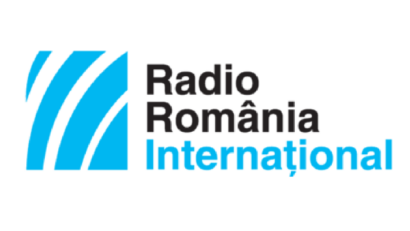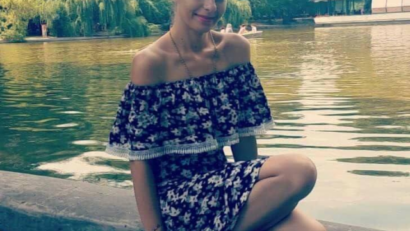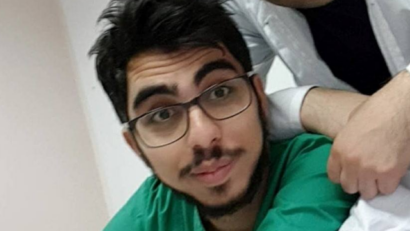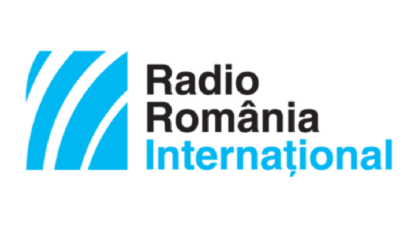Father Sava
Today you are invited to meet Father Sava – Stephen, as he is known in society. He was born in far away America. He was raised in pure Catholic tradition but he discovered Orthodoxy in his teen years, as he used to read Russian writers such as Lev Tolstoi and Fyodor Dostoesvky, and also the lives of various saints and great mystics. What is life? Who are we? What is our purpose in this world? These are questions that have always troubled him.
Roxana Vasile, 07.01.2016, 13:00
Today you are invited to meet Father Sava – Stephen, as he is known in society. He was born in far away America. He was raised in pure Catholic tradition but he discovered Orthodoxy in his teen years, as he used to read Russian writers such as Lev Tolstoi and Fyodor Dostoesvky, and also the lives of various saints and great mystics. What is life? Who are we? What is our purpose in this world? These are questions that have always troubled him.
Father Sava: “In high school I used to be a fan of Dostoesvky. I grew up as a Catholic in New Orleans, Louisiana. As I was reading Dostoesvky I wanted to understand the differences between Roman Catholicism and Orthodoxy. Dostoesvky was rather anti-Catholic. He insisted a lot that Orthodoxy was the true Christianity and that Roman-Catholicism was a sort of straying Christianity”.
Intrigued by such a statement Stephen continued to read and he even made a decision that changed his life! After graduating from high school he secretly went to an Orthodox church from his region and converted. In parallel he dreamt of becoming a violinist, but he took his degree in accounting. He worked in one of America’s biggest banks, has had a plentiful life, he loved and was loved back. All this happened until he turned 40, when Stephen decided to swim against the current of material life and decided to become a monk. He first joined an Orthodox monastery in the US.
Father Sava: “Reading books about monks and saints, I started craving for monastic life. In 1999, when I was 40, I decided it was high time I became a monk. I resigned my position at the bank in North Carolina and joined a Greek monastery in Ohio, where I stayed for one year and 4 months. In their library I found a book written by the Romanian bishop Serafim Joantă in which he said that, along the centuries, the Romanian society and culture have developed in close relation with the Orthodox Church.”
With orthodox Romania in his mind, the American monk started for Mount Athos. There, a Romanian father named Vasile talked to him for the first time about Oaşa, a small monastery in the Southern Carpathians, a monastery of young monks, most of whom were higher education graduates.
Oaşa became in 2004 the home of father Stephen or rather Father Sava: “I feel very good here, I have a good relationship with the other monks. I don’t feel a stranger. Frequently I feel more at home than I used to feel back in America. I do not intend to leave the Oaşa monastery. It is safe here. I’ll stay here, and I hope to grow more spiritually and with God in mind I hope to become a good monk”.
‘The American on top of the mountain’, who became a Romanian citizen, prays a lot, there are 6-7 hours of religious service at the monastery, he works and he also likes to make jokes and laugh…he says he is kind of a monastic Tom Cruise, given the media coverage he has received in Romania. People have received him with warmth and care and some even asked for his autograph.
Father Sava: “10 years ago, on Christmas day, we had about 20 up to 25 guests. Now we always have more than 200. Most of them, if not all, are teenagers. I am amazed that they choose to come here instead of staying home with their parents. Christmas is a family celebration, but this points to their thirst for God’s word”.
If back in America Father Sava used to sing in a big choir pieces by Brahms, Verdi, Beethoven or Mahler, in Oaşa he sings psalms together with the other monks. At the end of October, he left the monastery to come to Bucharest to participate, at the Radio concert hall, in the final stage of the annual church music contest organized by the Romanian Patriarchate in partnership with Radio Romania. There were several choirs of nuns and just one choir of monks, that of Oaşa. Although he did not win the jury’s grand prize, he was the public’s favourite; they applauded him for quite a long time and the enthusiastic cheers made one think of a pop rock concert rather than of a religious music contest.
(Translated by Lacramioara Simion)

